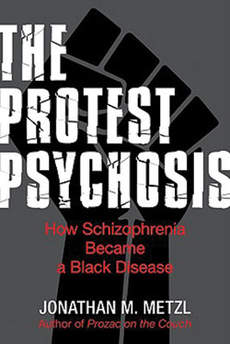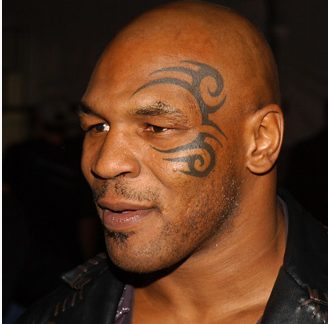Witness – Psychology Today: Analyzing the analyzers . . . There will always be the next rare event to fuel a cycle of knee-jerk response, ostensibly aimed at protecting us from every remote contingency. Hindsight bias is a powerful heuristic that obscures an unfortunate truth: It is very hard to accurately predict — much less
Desistance from Sex Offending: Alternatives to Throwing Away the Keys by D. Richard Laws and Tony Ward Reviewed in the online journal Open Access Journal of Forensic Psychology If one set out to design an intervention program to encourage criminals to reoffend,what would it look like? It should include the converse of what helps offenders
AfroDaddy.com, “The Black Man’s Survival Guide,” picked up my Psychology Today review of The Protest Psychosis: How the Black Man Became Schizophrenic: Once upon a time, a strange thing happened at the Ionia State Hospital in Michigan: A diagnosis of schizophrenia exited the body of a white housewife, flew across the hospital, and landed on
Journalist Ethan Watters masterfully evokes the heady admixture of moral certainty and profit motive that drives U.S. clinicians and pharmaceutical companies as they evangelically push Western psychiatry around the globe. Amazon review Reading Crazy Like Us left me with a nightmare image of a homogeneous future world with McDonald’s and Starbucks on every corner, obesity
The competency training page showcases legal cases with publicly available teaching tools, most of them free and online. Resources include reports, videos and transcripts of hearings and evaluations. Featured cases include: Competency Cases Online Theodore Kaczynski Colin Ferguson Ralph Tortorici Scott Panetti Mike Tyson Steven Hayes John Salvi III José Padilla Thomas A. Shay Lynette
José Padilla, the suspected “dirty bomber,” was detained for almost four years in a military prison as an “enemy combatant.” His attorneys claimed that during those years he was tortured, subjected to stress positions and forced hypothermia, and administered mind-altering drugs. They argued that as a result of his torture, he suffered from posttraumatic stress
John Salvi III carried out two fatal attacks on Massachusetts abortion clinics in 1994. Prior to his trial, a four-day competency hearing was held. Three experts, including Dr. Phillip Resnick, testified for the defense, saying that Salvi was mentally ill and obsessed with an “international conspiracy” against Catholics. The prosecution’s expert, Dr. Joel Haycock, who
Only a small proportion of defendants referred for evaluation are found incompetent to stand trial. Most are floridly psychotic. It is a rare defendant who is found incompetent on the basis of depression, no matter how severe. Attorneys declared a doubt as to Steven Hayes’ competency when the suicidal defendant declined to participate in jury
There are many types of competency outside of the criminal arena. Indeed, in some professions — law enforcement, medicine and commercial aviation, among others — one must also be fit (or competent) to practice. In 1998, at the behest of the Nevada Athletic Commission, Mike Tyson underwent a series of evaluations to determine whether he
Although competency to stand trial is the most commonly assessed competency in the criminal arena, competency to be executed is another type. The U.S. Supreme Court has ruled that it is cruel and unusual punishment to execute someone who does not understand why he is being put to death. Scott Panetti, a Texas man with







